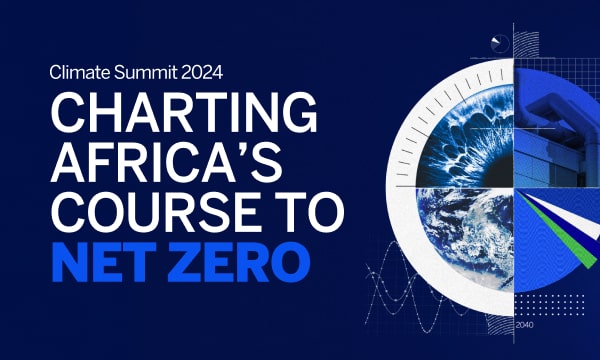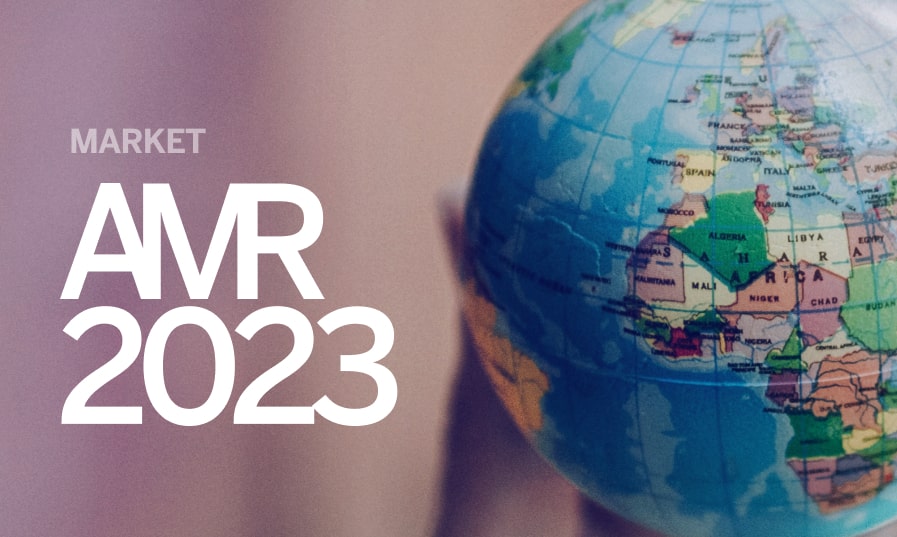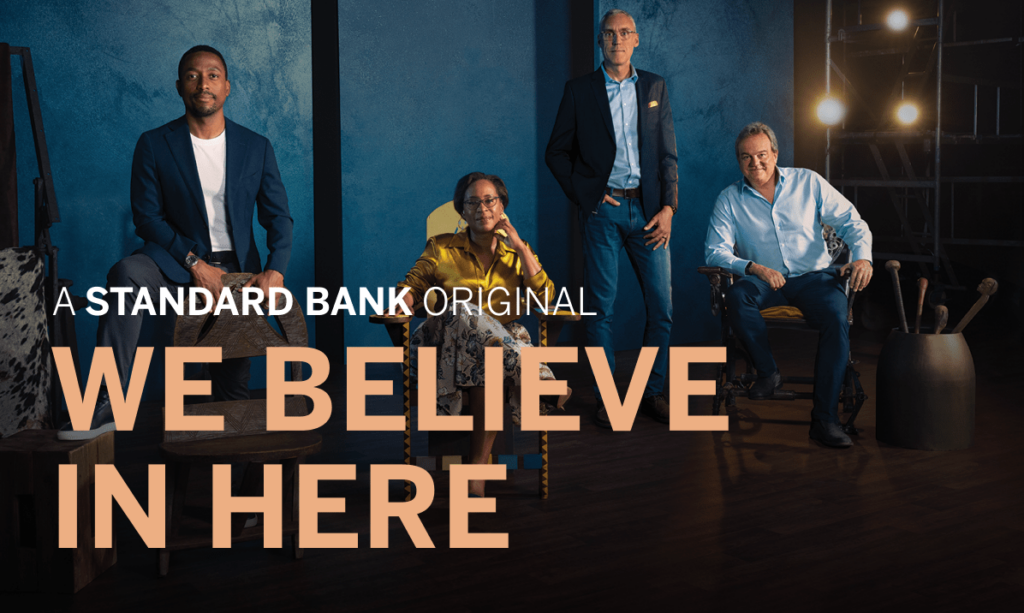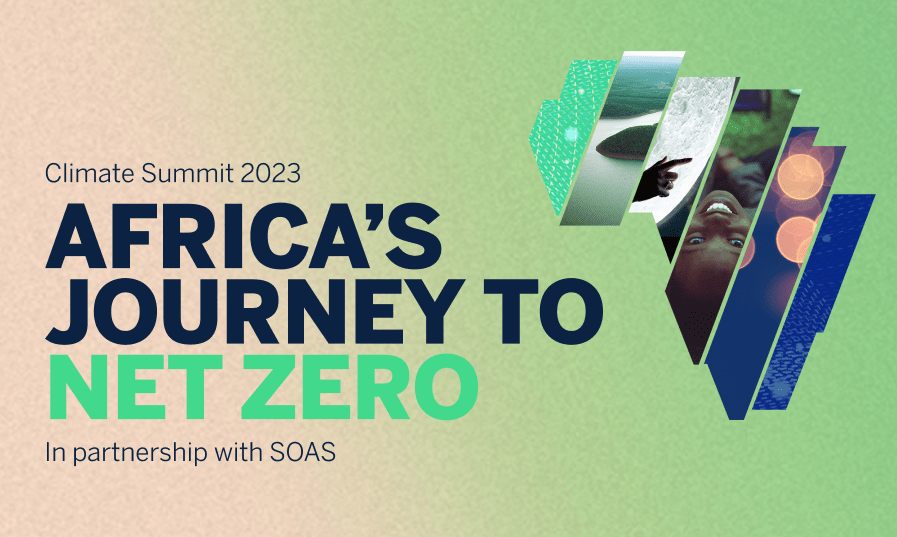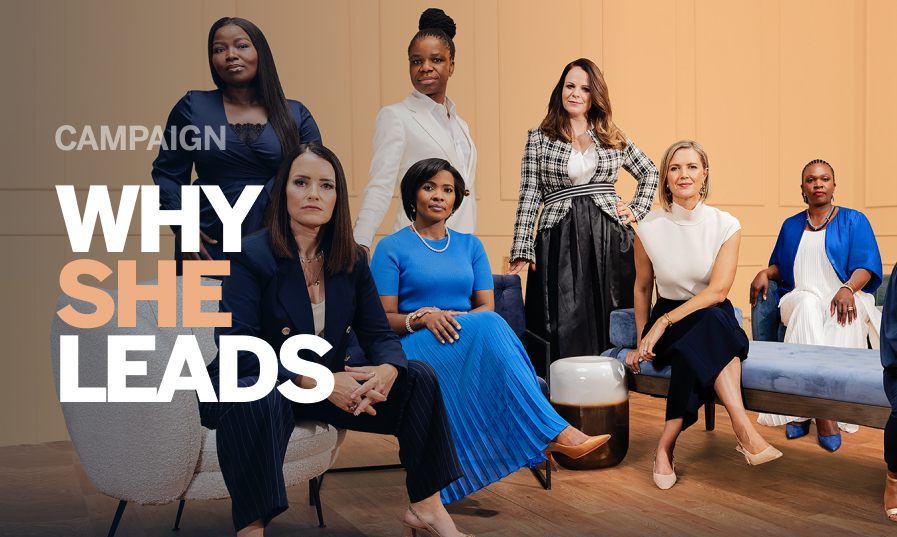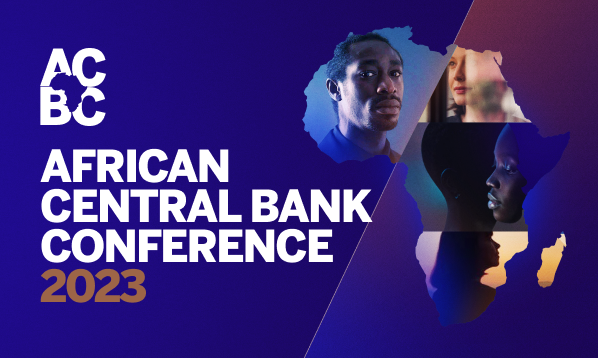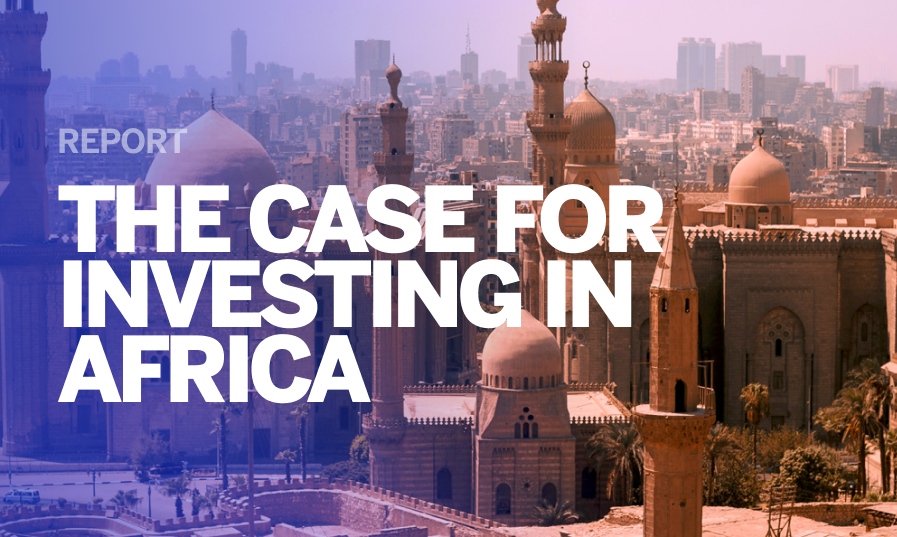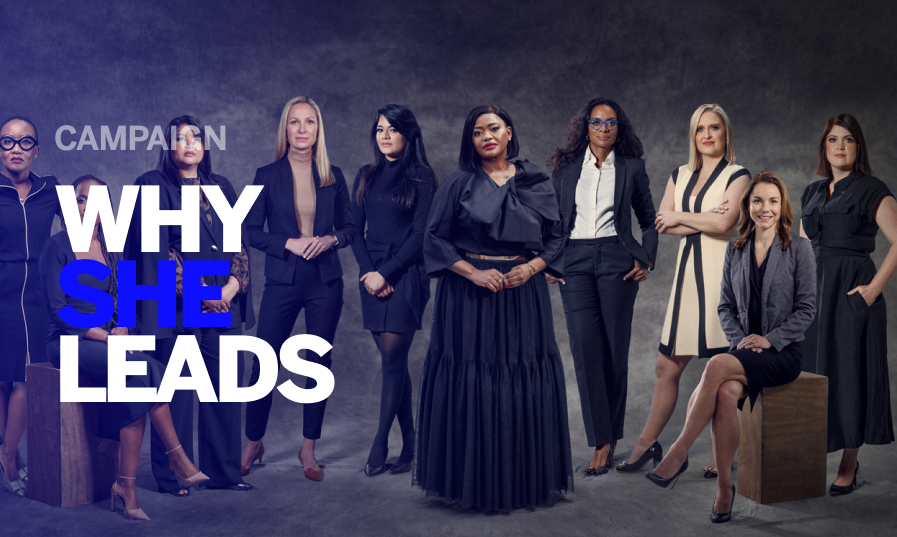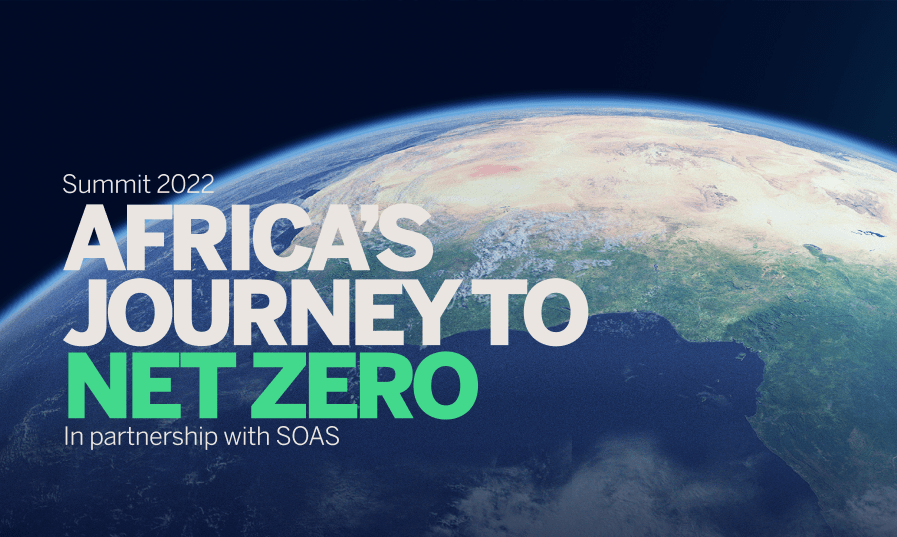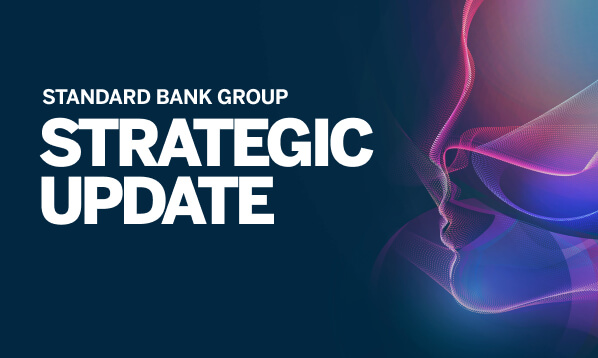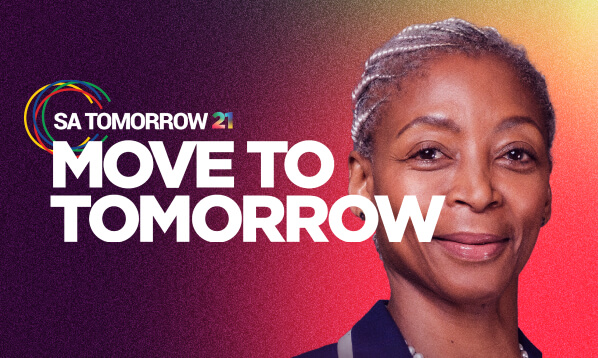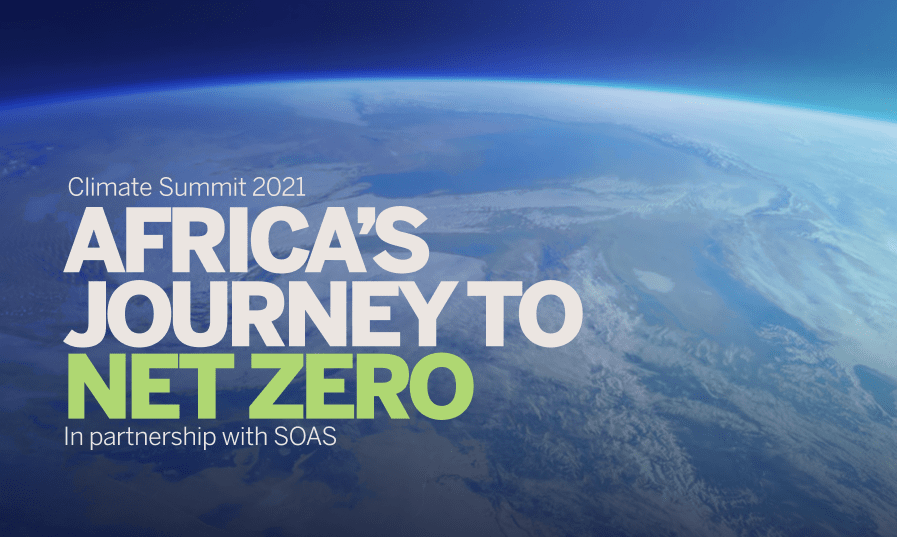In the first of its kind in South Africa, Standard Bank Group has partnered with The African Stove Company (TASC) to provide debt financing for their clean cooking carbon project which is designed to combat climate change while driving positive social impact in rural areas.
TASC’s revenue is derived from donating cookstoves to rural communities and selling the carbon credits issued from the resulting emission reductions. We spoke to TASC Africa’s CEO Shelley Estcourt about the facility and its impact on the ground.
What is TASC?
We’re a leading carbon project development company that was established in 2019 when our co-founders realised that the revival of the carbon market was imminent after a monumental market collapse in 2012. We’re currently operating in five countries, with a range of methodologies – from cookstoves to household water filters to livestock herding in communal landscapes.
How do you measure the impact of your work on Africa’s communities?
There are many studies and reports that have been able to quantify the health benefits (or lack thereof) of three-stone open fires. While this is known, the impact this traditional method has on women and children is underreported. They’re the ones fetching the wood, starting the fires, and the ones cooking. Since starting the project we’ve seen amazing results. Beside the health benefits of decreased exposure to harmful fumes, we’ve seen families who had to get up at 4 in the morning to light a fire with wet wood, just to boil water for a cup of tea, can now sleep for an extra hour or two because our cookstove lights almost instantaneously. It boils five litres of water in just 15 minutes. In one of our surveys, an old woman started crying and said, ‘I finally feel like I’m being heard.’ Moments like that make you realise that the impact of what we do is very real – and very measurable.
You mentioned the carbon market crash in 2012. There’s been a boom in the carbon credit space in recent years. What’s changed?
The pressure points have changed. The man on the street has woken up and realised that climate change is real and that if something doesn’t get done about it, their children and their children’s children are going to suffer. The penny has finally dropped. A groundswell of people are fed up with corporates doing whatever they please and not taking accountability.
What is the status of the carbon tax in South Africa?
One of the key elements of the carbon market in South Africa – other than the fact that we’re finally holding the big polluters accountable for their carbon footprint – is that the government legislated that carbon offsets could be used to account for a percentage of their total footprint in lieu of paying the tax. So, it’s no longer a case of polluters carrying on as if it’s business as usual, it now makes business sense to procure offsets and seriously address their emissions.
The government also made it a requirement that any offsets used were from projects that were developed within South Africa. This is key because the very nature of these projects is the unbelievable and undeniable socioeconomic impact and can thus provide very real on-the-ground benefits to our communities.
How will the funding facility provided by Standard Bank be used?
The finance will accelerate the repayments of the project funding and unlock further expansion funding. For example, we’ve recently signed an expansion of our clean cooking project in South Africa, which will put nearly one million stoves on the ground. At an average of about five people per household, that’s five million people whose lives will be impacted.
Do you think we’ll see this kind of funding becoming more commonplace?
I think we have to. I don’t think there’s a choice. The Global South is in dire need of change and the opportunity to make the change is possible, but if the likes of Standard Bank don’t get on board, we’re going to face a problem. Hats off to Standard Bank for being the first bank to make a move in this space within South Africa. We need more financial institutions to come on board and provide finance, to understand the risks, and to partner with organisations that know what they’re doing. If we don’t get big finance houses on board, this opportunity to make meaningful change at scale will be lost.


